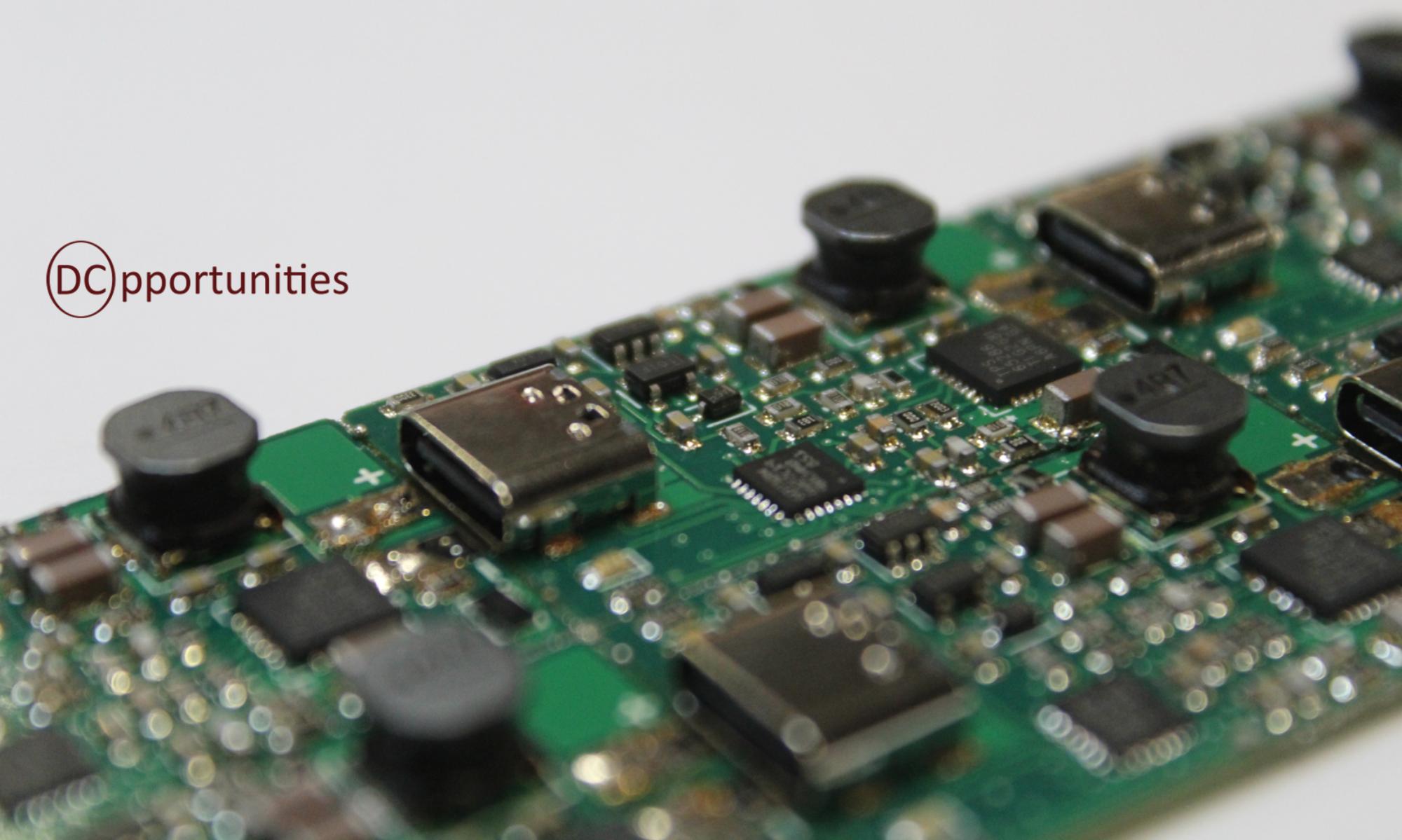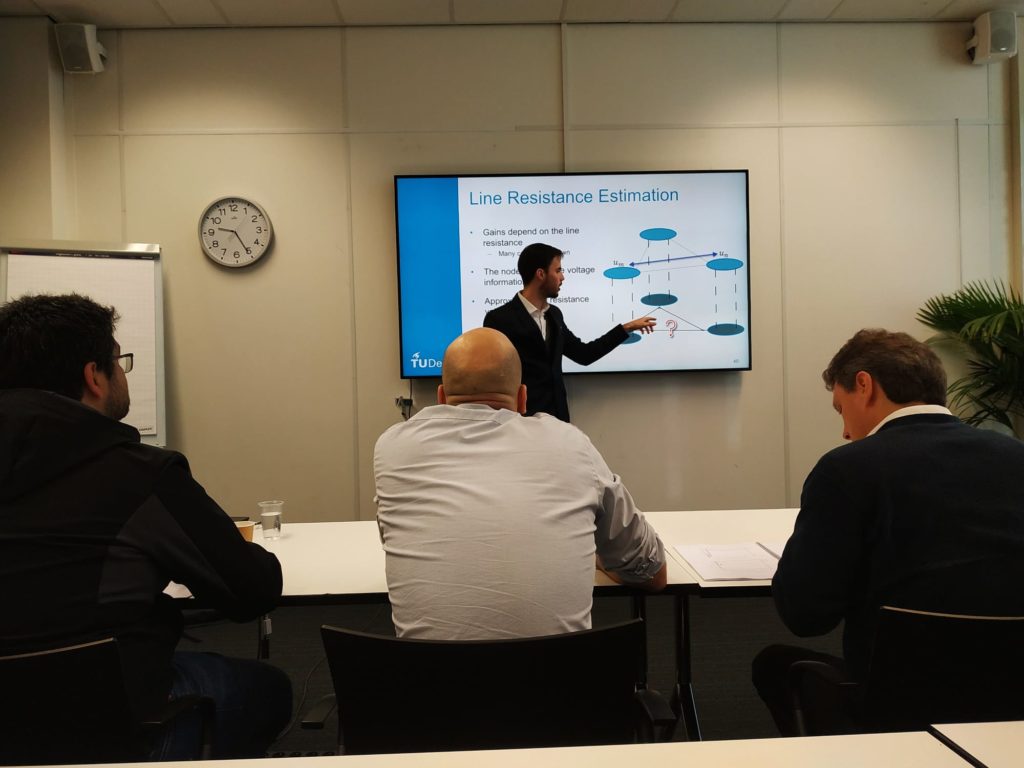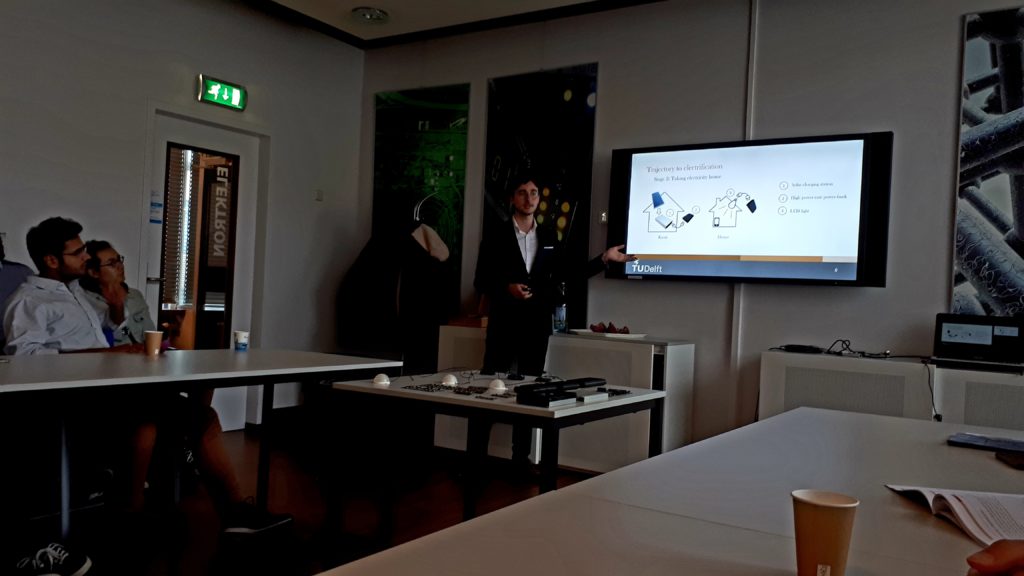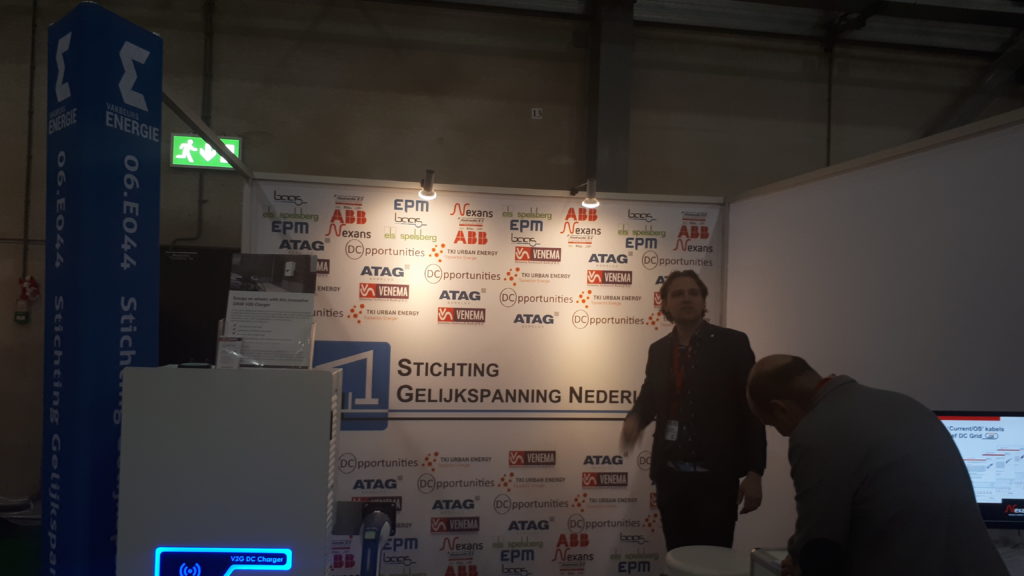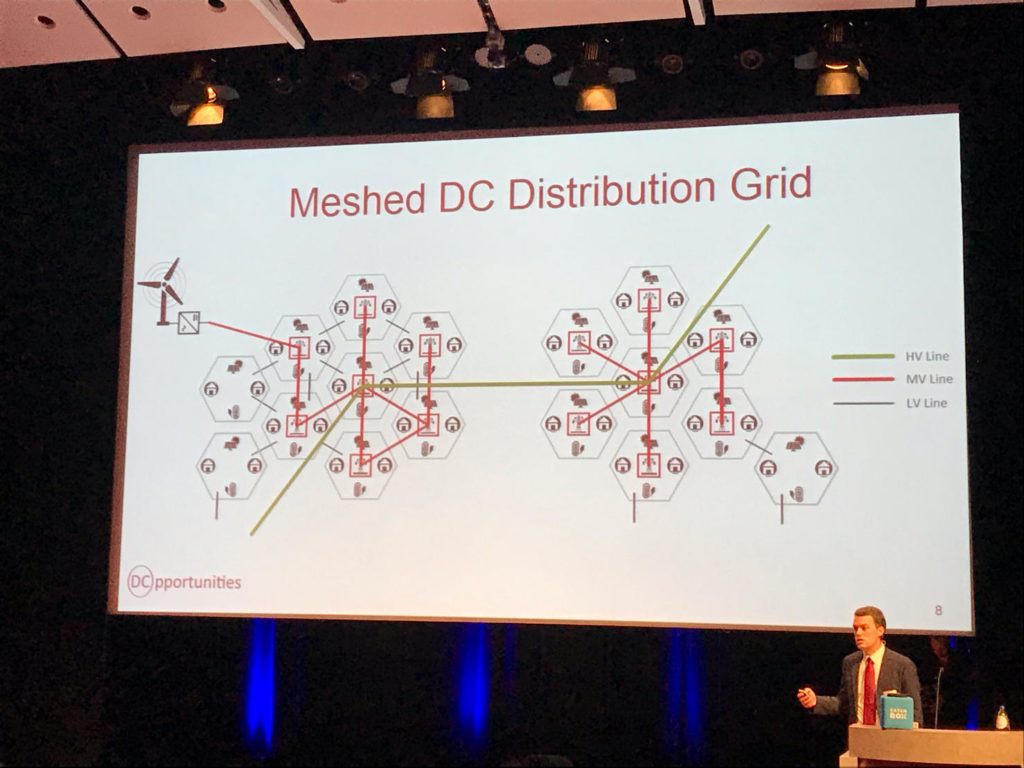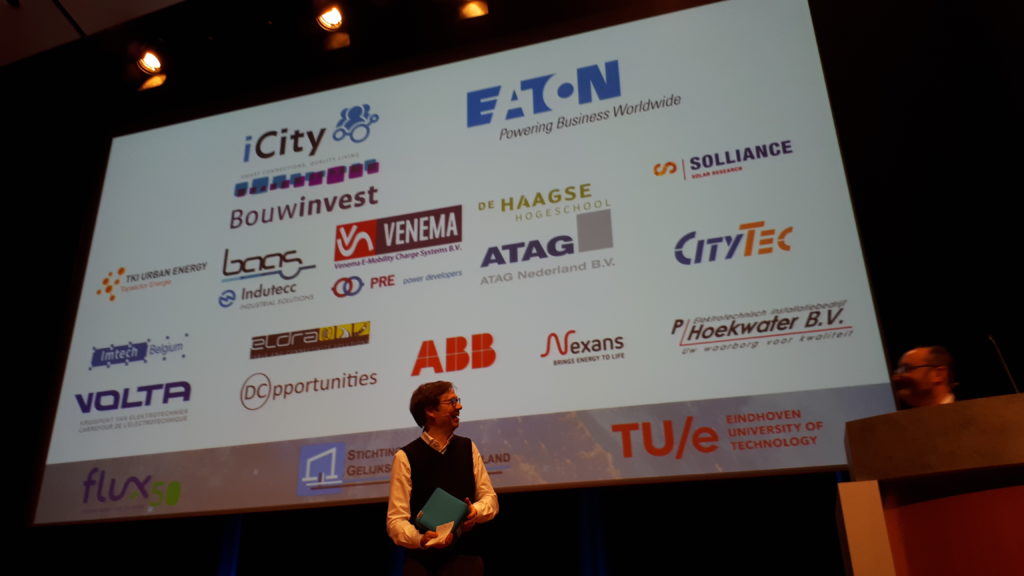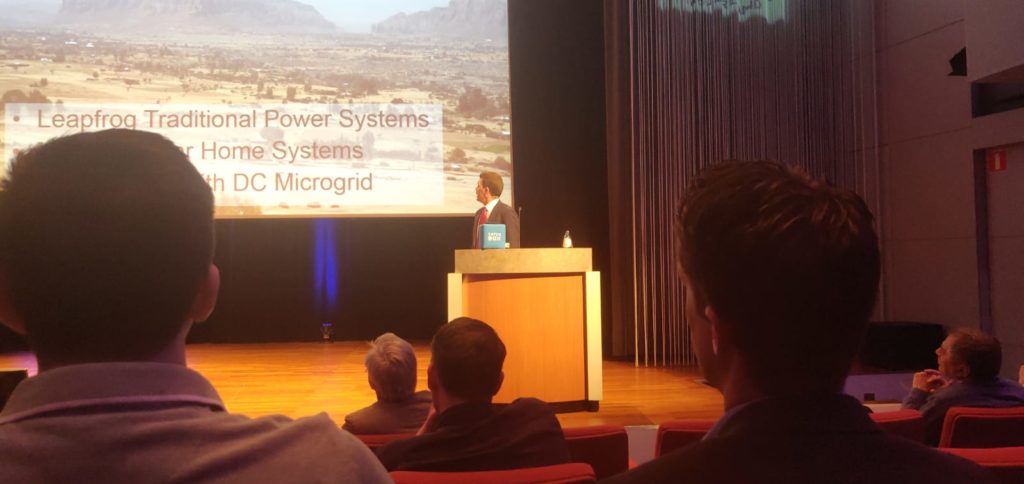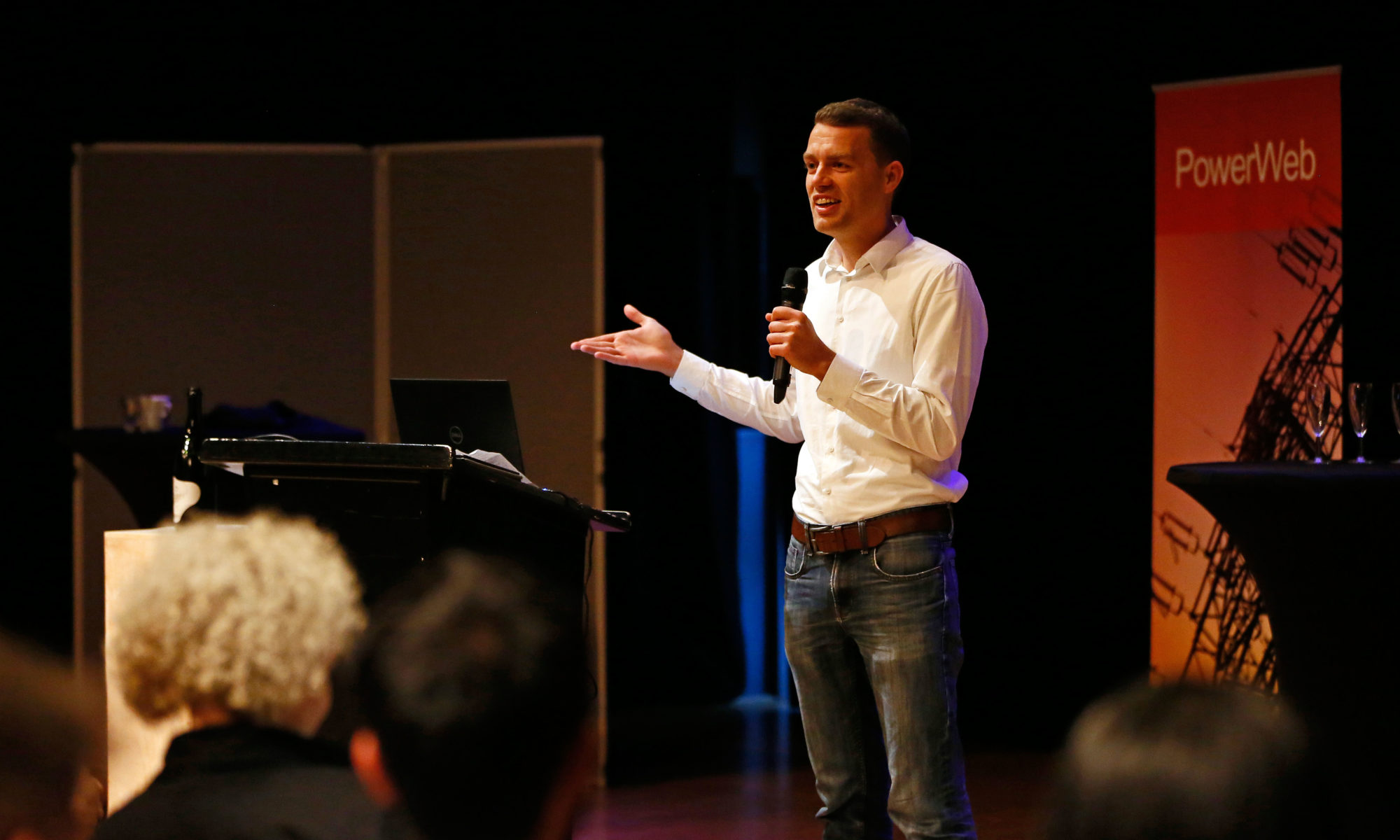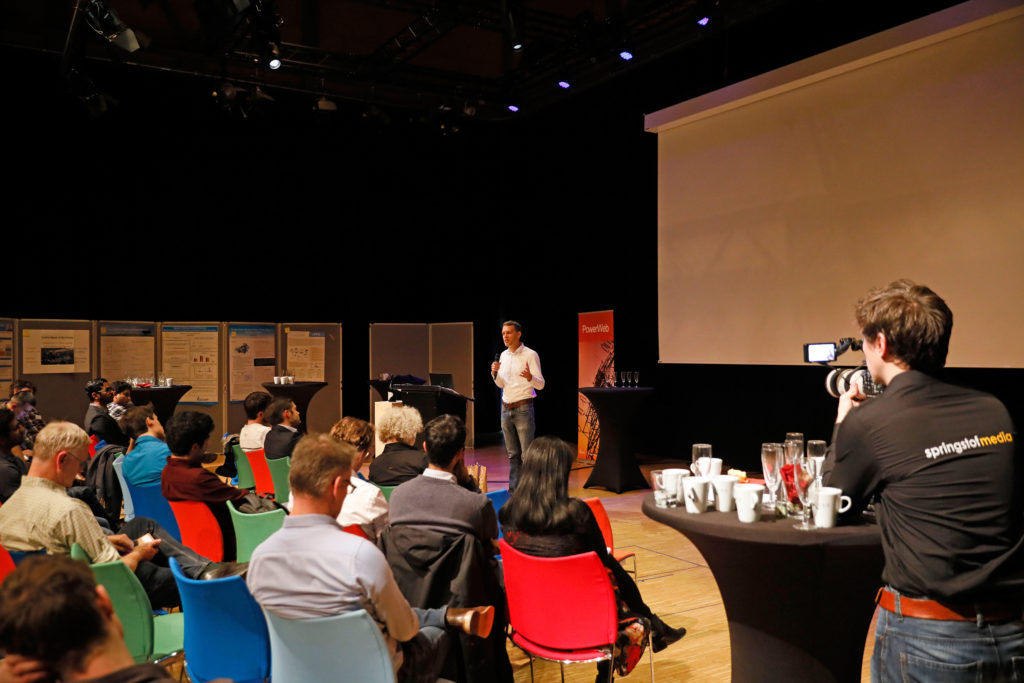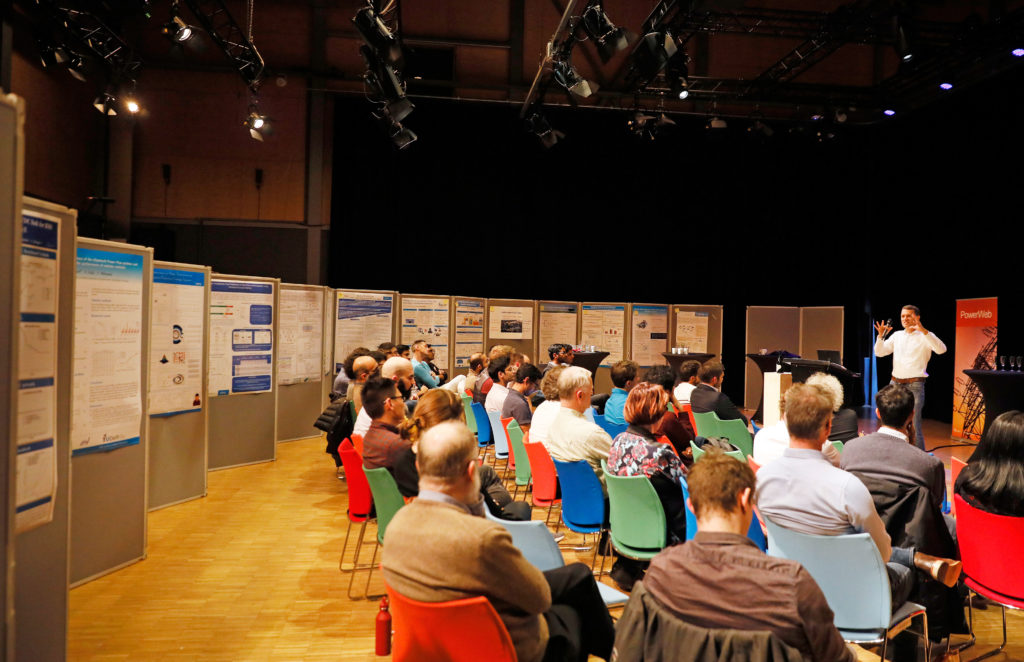We have been working on our rural electrification project for more than a year and a half now. During this time, we have been researching, developing and building prototypes of our own USB-C based solar home system. With this off-grid system we intend to provide a solution to villages that do not have a grid connection. Our ultimate goal is to interconnect households to create DC microgrids and provide reliable access to electricity for all.

We planned to carry out our first field test in Ethiopia this month. Unfortunately, due to the global impact of the coronavirus pandemic, we had to postpone this field test. However, we at DC Opportunities still feel very enthusiastic to keep working on improving our prototypes.

In spite of the aforementioned challenges we were able to book some progress. Last week we have received 50 of our PCBs to assemble power-banks and in the coming weeks we expect to receive more components such as solar charging stations and power-hubs. We would like to take a moment and thank all the parties who are helping us throughout this journey including TU Delft | Global Initiative, Students4Sustainability, 3E Royal, Mekelle Institute of Technology & Victron Energy.

